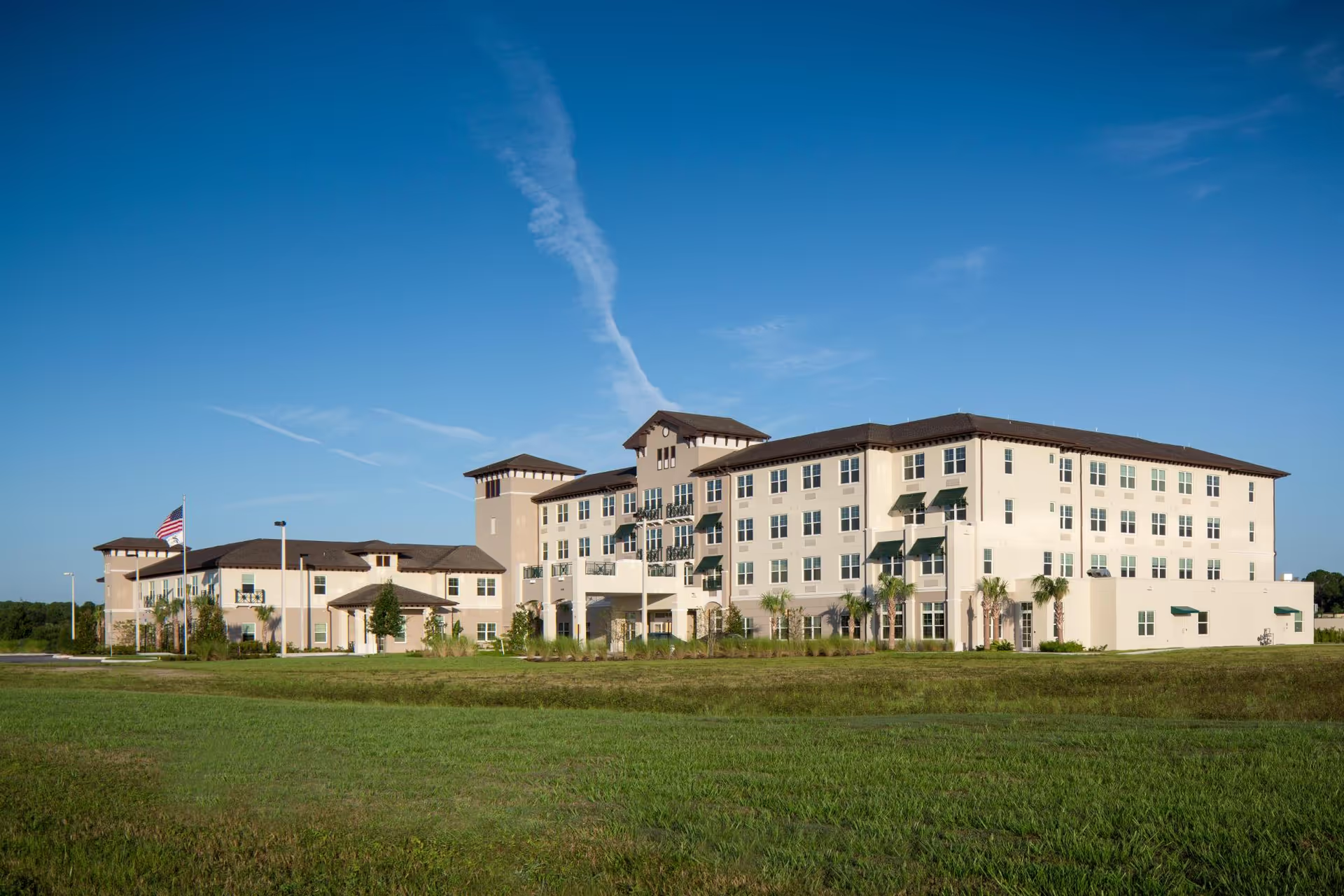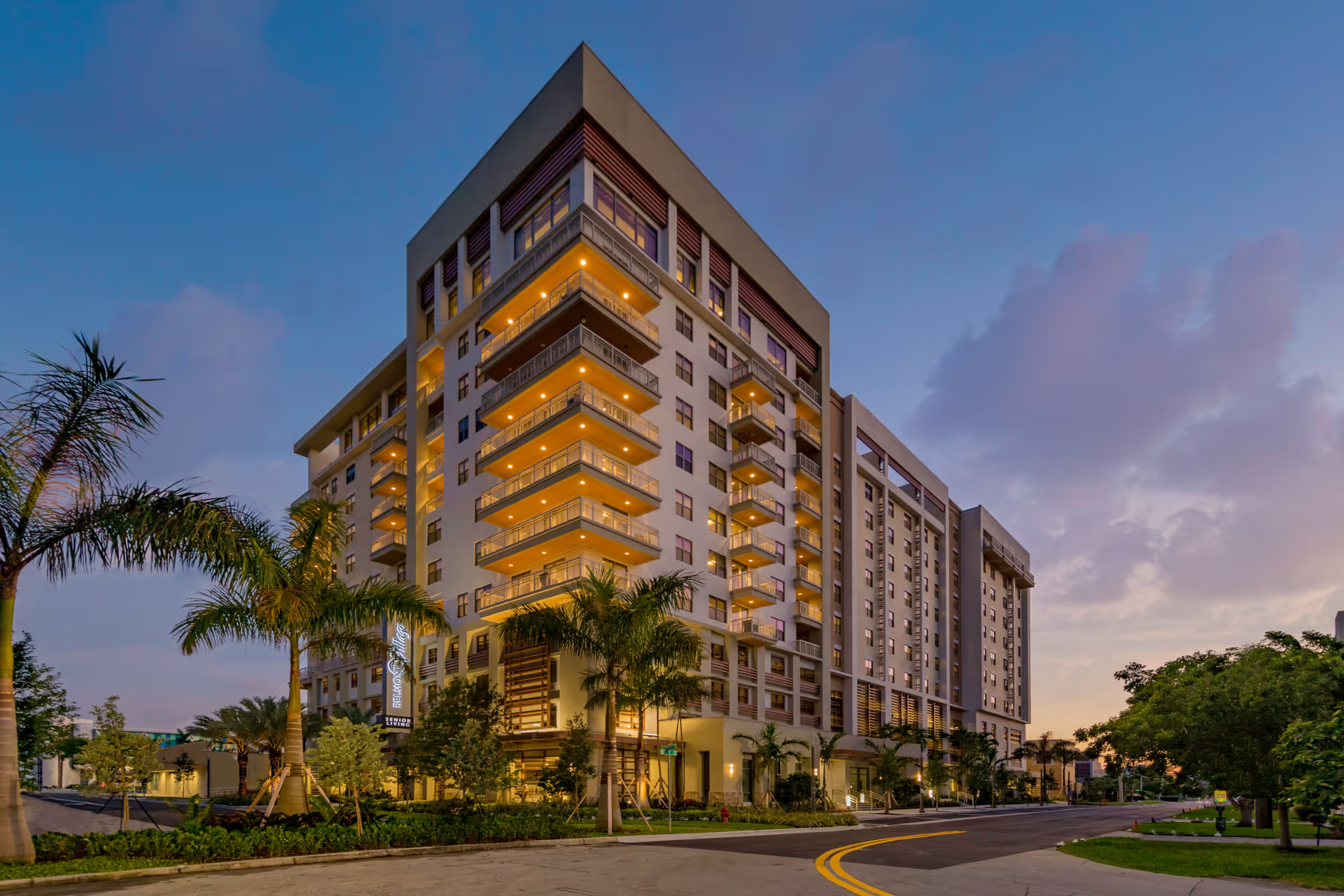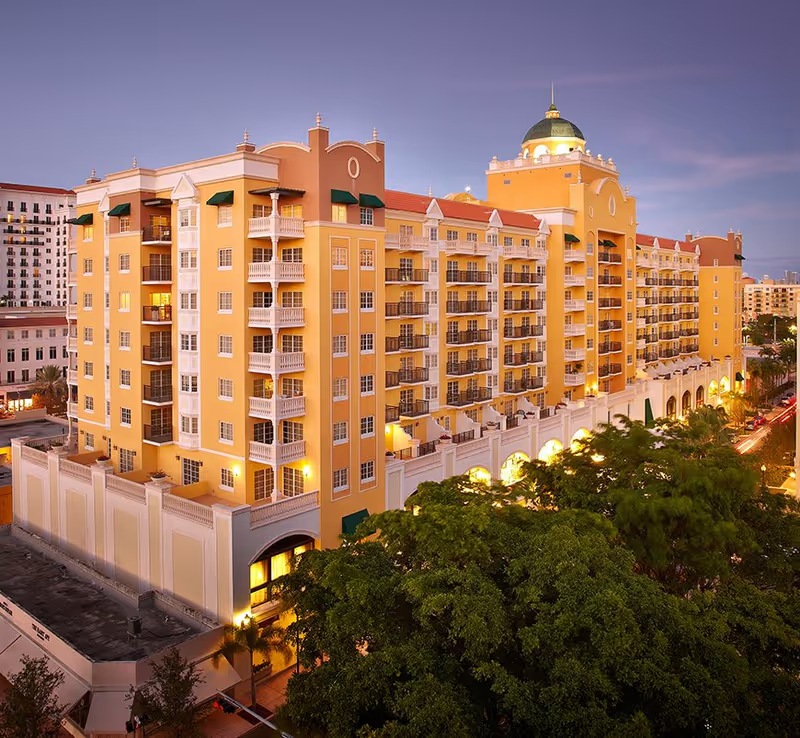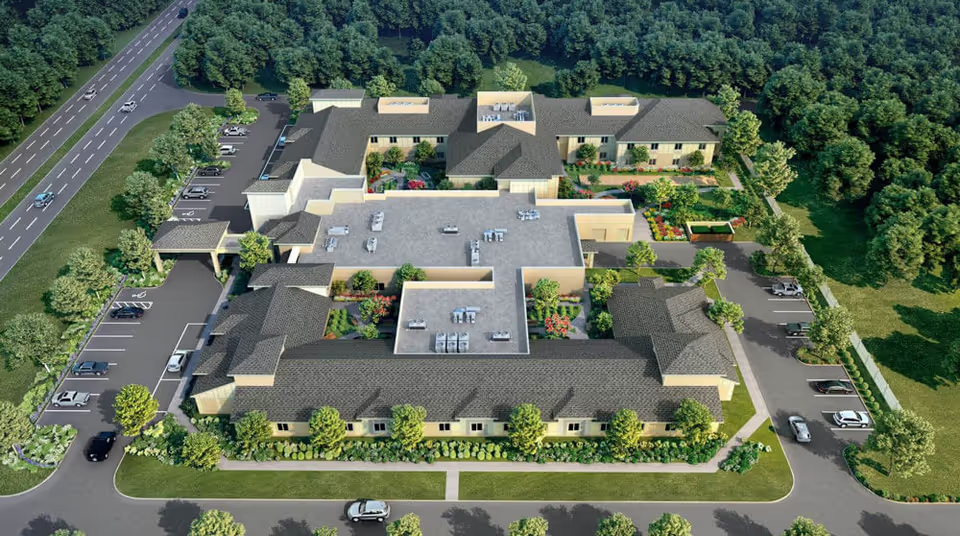Overall sentiment across the reviews is strongly positive, with many reviewers emphasizing exceptional, compassionate staff, a very clean and well-maintained facility, and an upscale, hotel-like atmosphere. The Windsor of Cape Coral is repeatedly described as looking and feeling like a high-end resort or Marriott/Ritz-Carlton–style community. Reviewers frequently highlight the warmth and responsiveness of caregivers, life-enrichment personnel, dining staff, and front-desk teams. For a large number of families the staff went "above and beyond," assisting with difficult transitions, coordinating care with hospitals, the VA, and hospice, and helping restore or improve residents’ physical health, weight, and social engagement. On-site therapy (physical and occupational), 24/7 nursing coverage, medication management support, and a continuum of care that includes a small, well-regarded memory-care unit (Reflections) are often cited as key strengths. Amenities and environment are repeatedly praised: spacious common areas, a sunny courtyard, large dining room and café, chapel and library, beauty salon, and a calendar full of activities from exercise classes to musical entertainment, outings, and themed events.
Dining and activities are major pluses for many residents: numerous reviewers mention good variety, nightly menu choices, special meals (wine & cheese weekends, piano music), and an engaged Life Enrichment department that schedules multiple events per day. The community's social life is described as lively and conducive to residents making friends and participating daily. Reviewers frequently note the sense of family and community, with staff who know residents by name and encourage dignity and independence. Safety and preparedness are also strong themes: coded entry, disaster and evacuation plans, storm-ready generators, and COVID-era protocols are noted and appreciated by many families.
However, the reviews also surface consistent areas of concern that prospective residents and families should weigh. Cost is one of the most frequent negatives—many describe Windsor as expensive (though several say it is worth the price or offers value for money). Staffing levels and turnover are recurring issues: while many staff are praised as excellent, there are repeated mentions of short-handed shifts, inconsistent CNAs, missed medication administrations, and variable performance between staff members. Several families reported medication-delivery issues, lost lab orders, or miscommunication with hospice and outside providers. A handful of reviews recount serious hygiene lapses (urine/ ammonia odors in apartments, instances of soiled rooms, and staff hygiene concerns), and others describe administrative missteps—most notably management changeouts or policy enforcement that led to traumatic or abrupt relocations for residents. These negative incidents appear episodic but significant when they occur.
Communication and business-practice concerns appear often in the feedback. Multiple reviewers asked future residents to "read the fine print"—citing policies like second-occupant rules, supply requirements (toiletries like toilet paper), potential extra charges, and billing/consent issues. Some families reported opaque billing practices, collection letters, or unexpected fees. Others noted overall poor or inconsistent communication between clinical staff and families (for example, medication follow-through or changes in care plans). Administration turnover is cited as a factor in worsening communication or supervision at times, although some reviewers say newer leadership is addressing problems.
The picture that emerges is mixed but leans positive: Windsor consistently receives high marks for staff compassion, cleanliness, food quality (with some critiques), thoughtful amenities, and a robust activities program. Many families report improved health and happiness among residents and praise specific staff and departments by name. Nevertheless, there are tangible and recurring weaknesses—cost, staffing reliability, medication/clinical communication, episodic hygiene or care breakdowns, and management/administrative transparency—that prospective residents should investigate further. Practical recommendations from reviewers include directly asking about staff-to-resident ratios and turnover, medication-management processes, how the community handles transitions and complaints, specific policies that could incur extra charges, the memory-care program details and staffing, and on-site monitoring and hygiene protocols. Conducting multiple visits, speaking to current families, and clarifying all fees and care-level scenarios will help ensure expectations match the strong but not flawless experiences reflected in these reviews.







